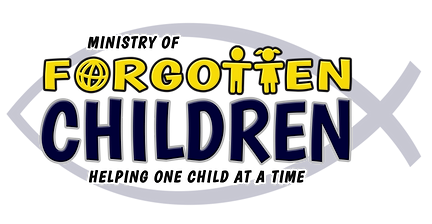
PROJECTS
Africa
There are numerous actors trying to improve health care in Africa. They include host governments, bilateral donors, international organizations, NGOs and private foundations; wee are one of them. A few basic facts as of 2009 provided by the World Bank about Sub-Saharan Africa illustrate the point. In 2009, life expectancy at birth for Sub-Saharan Africa was 52.5 years; for Ethiopia it was 55.7 years.
What we have accomplished:
1
4
India
In ideal situation both basic health and education needs of a citizen should be public sector programmes. But this has not been possible even in the most advanced nations such as US where the healthcare is a mix of public and private providers.
What we have accomplished:
2
3
S. America
Underserved communities in South America are in need of medical help for nearly all types of service - from vaccine provision to basic health checkups.
Unfortunately, many parts of South America continue to experience a shortage of health workers and limited access to advanced healthcare.
Thus, there are medical volunteer opportunities for any skill set in virtually every continent. Pervasive diseases such as hepatitis continue to affect villages and global awareness efforts are needed to educate communities on preventive healthcare and the spread of HIV and AIDS.
What we have accomplished:
N. America
Millions of Americans live in areas with little or no health care. For calendar year 2013, the following states are considered as Medically Underserved Areas under the FEHB Program:
Alabama, Arizona, Idaho, Illinois, Louisiana, Mississippi, Missouri, New Mexico, North Dakota, Oklahoma, South Carolina and Wyoming.



